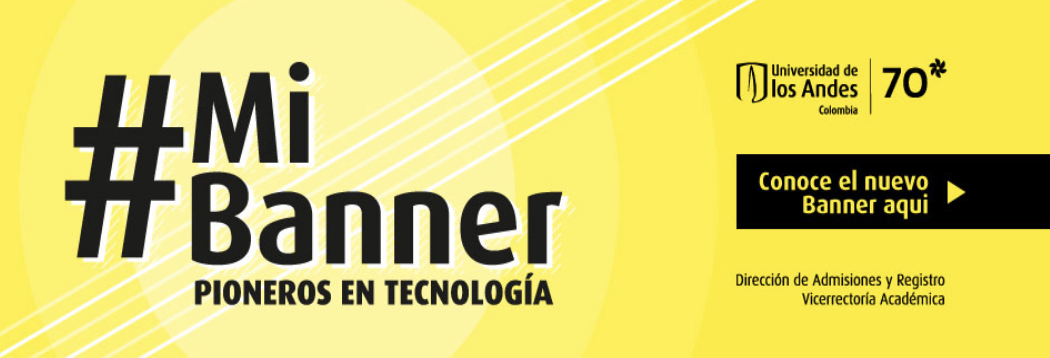Description: Globalization has been theorized as “time-space compression” and as the “intensification of the consciousness of the world.” Through the rapid movement of capital, people, goods, services, and ideas, globalization creates new networks of global connections and experiences. While some scholars praise the connections offered by globalization, such as greater human rights and opportunities for many people living in the developing world, others provide more critical accounts of the homogenizing impacts of globalization on culture and the exploitative nature of transnational corporations on both people and the natural environment, and the widening gap between the rich and poor, both in the industrialized nations and the developing world. However, “the global” is not a given; it is made through intense and highly unequal exchanges; its local reception has been contingent and varied. In this course we examine the political, social, and spatial processes that accompany economic globalization, such as modes of production, governance, and consumption, as well as their consequences on local communities. What are the connections between global capital and poverty, environmental degradation and consumerism for example? How has globalization affected national sovereignties and human rights? What are the ways in which globalization has increased or flattened cultural differences and global inequities? To what extent can grass roots social movements discipline the processes of globalization and make it work toward social justice? Drawing on theories of globalization, ethnographic studies, and visual texts the aim is to understand the ways that globalization is producing a world that while diverse, is changing through increased interconnectedness and new forms of mobilization on the ground that challenge various forms of inequalities that are often associated with the process of globalization.
0 STUDENTS ENROLLED



